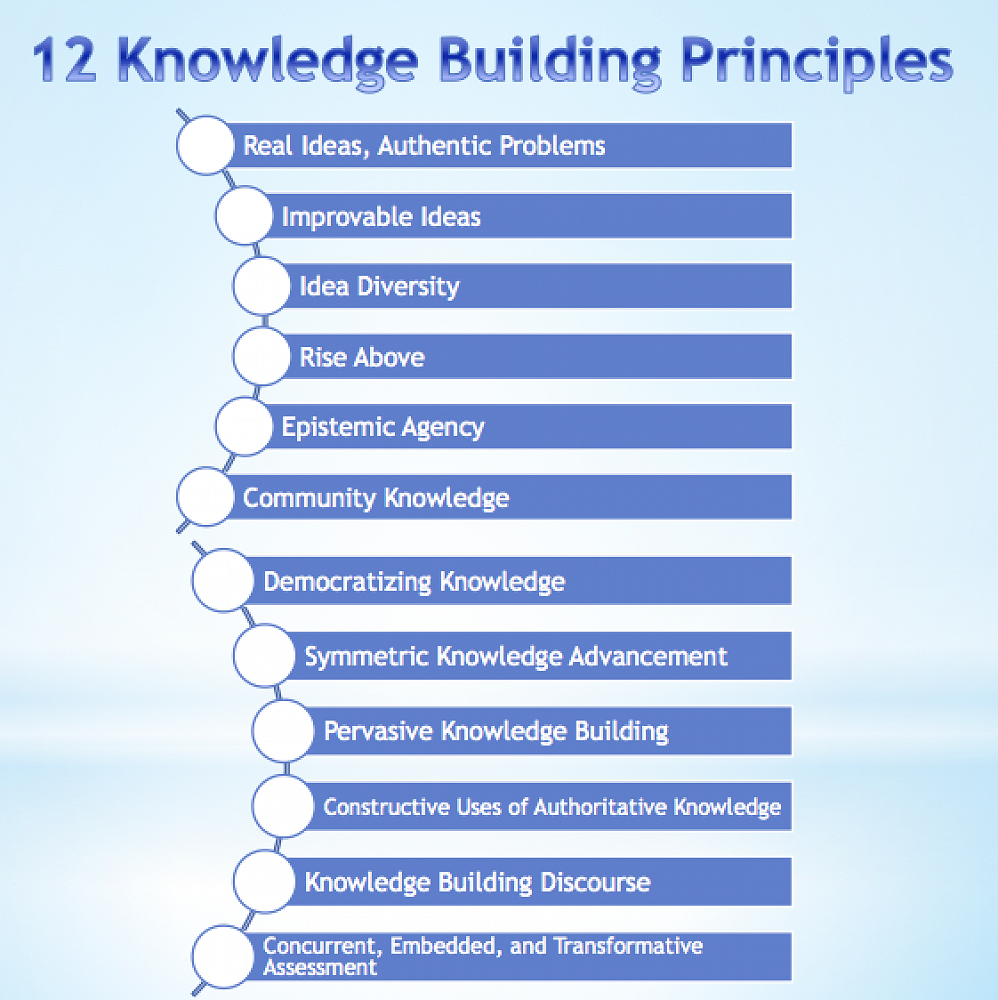
How to Knowledge Build
Philippa Mallinson draws on some of the key aspects of Knowledge Building highlighted by the literature.
Understanding of the KB principles
It is highly important that both teachers and students have an implicit understanding of the KB principles. As Lee, Chan and van Aalst (2006), van Aalst and Chan (2007), and Yang, van Aalst and Chan (2016) all outline in their research, teacher and student’s understanding of KB principles is incredibly important as they give students the tools to inquire and reflect on their progress. Without a solid grounding in the principles the inquiry is less likely to be communal or be in depth.
Developing a collaborative culture
In New Zealand schools KB is often quite divergent from the prevailing practices and learning culture. This gulf is particularly pronounced at secondary level. Therefore it is totally crucial to spend time developing a collaborative culture, where there is ‘learning by groups’ not just ‘learning in groups’ (Hong & Scardamalia, 2014) and the ability to inquire and reflect, as becoming competent collaborators and inquirers takes time and practice (Yang, van Aalst, Chan, & Tian, 2016).
Assessment for learning
In knowledge building there is a need to emphasise an assessment for learning approach (Absolum & Grey, 2010). Assessment should be forward focused and seek to inform students the next knowledge building steps and be centred around self and peer assessment. The teacher has an important role to play in modeling inquiry strategies and promoting elaboration on knowledge building work. In the New Zealand context where the assessment rules for their subject allow them to, teachers should seek to gather evidence of student learning from the KB work that students undertake. Furthermore assessment in a KB context should seek to empower students to take ownership of their learning and identify their next learning steps.
